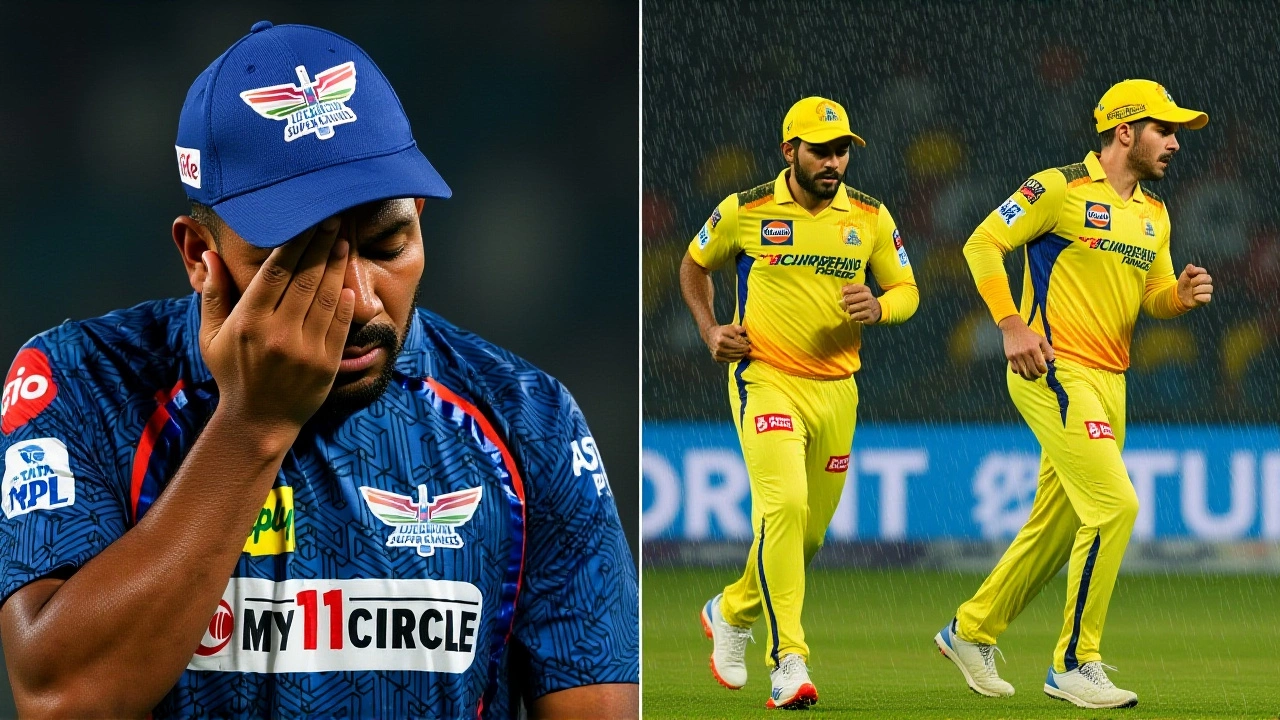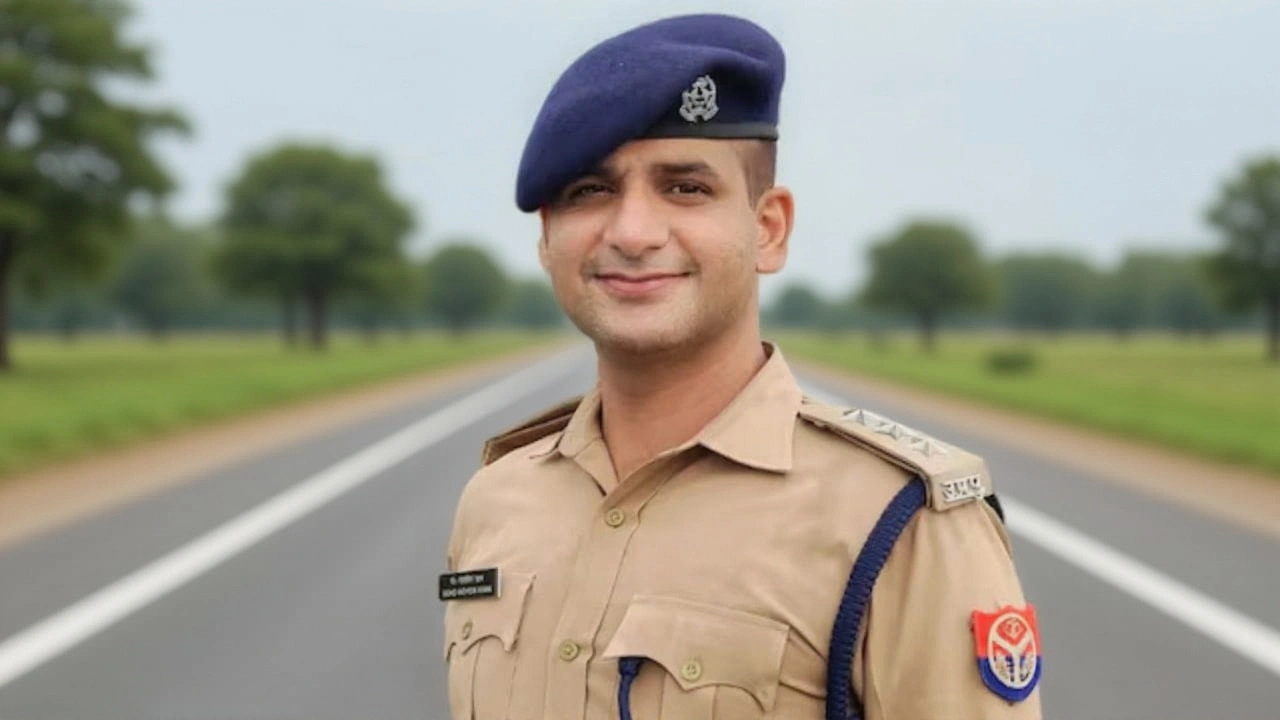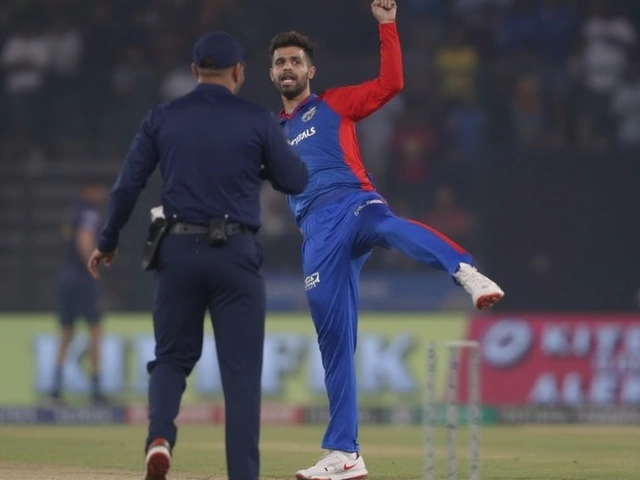When Mohsin Khan, a 2013-batch Provincial Police Service officer serving as Assistant Commissioner of Police (ACP) in Kanpur, was suspended on March 13, 2025, it wasn’t just another administrative move—it was the collapse of a public image built on authority and trust. The suspension followed a damning report by the Special Investigation Team (SIT), triggered by allegations from a 26-year-old female PhD scholar at the Indian Institute of Technology Kanpur (IIT-K). What began as a private betrayal turned into a public reckoning, exposing how power, deception, and institutional silence can collide—with consequences that ripple far beyond one officer’s career.
The Allegations That Shook IIT Kanpur
The survivor, enrolled in a PhD program focused on cybercrime and criminology, first approached IIT-K administration and local police on November 27, 2024. She claimed Khan, who had presented himself as a divorced man seeking a new relationship, was in fact married with a five-year-old daughter. The emotional manipulation, she alleged, went further: he used false promises of marriage to gain her trust, then engaged in sexual relations under false pretenses—a crime under Section 375 of the IPC, which criminalizes sexual intercourse obtained through deceit. On December 12, 2024, she filed her first FIR at the Kalyanpur police station. When nothing happened, she filed a second FIR on December 24, 2024, after realizing the initial complaint had been sidelined.Legal Chess: Court Stays and Counter-Attacks
Khan didn’t wait to be arrested. On December 16, 2024, he petitioned the Allahabad High Court for a stay, which was granted on December 19, blocking his arrest and the filing of a chargesheet. It was a tactical win—but it also fueled public outrage. The scholar, undeterred, wrote a direct letter to DGP Prashant Kumar and the Additional Director General of Law and Order, demanding Khan’s dismissal and vowing to see justice through. Her letter, officials say, was the turning point. Within weeks, the SIT was formed under Police Commissioner Akhil Kumar, tasked with investigating both the harassment claims and a counter-complaint. That counter-complaint came from Suhaila Saif, Khan’s wife. She accused the scholar of forcibly entering their official residence in Rawatpur on December 1, 2024, while her parents and newborn child were present. On a Wednesday in early 2025, the Chief Metropolitan Magistrate’s court ordered the registration of an FIR against the scholar for alleged threats and trespassing. Sub-Inspector Pushpraj Singh was assigned to investigate. The IIT-K administration, meanwhile, had already terminated Khan’s PhD enrollment four months prior—on the DGP’s recommendation.The Suspension and the Path Forward
The SIT’s report, submitted to DGP Prashant Kumar on March 12, 2025, concluded that the sexual harassment allegations were credible enough to warrant immediate suspension. Khan, who had been attached to the DGP headquarters in Lucknow since December 2024, was formally suspended the next day. His posting to the Collector Ganj range in Kanpur was revoked. A departmental inquiry will now determine whether he faces termination, demotion, or other penalties. He remains under administrative supervision in Lucknow, not behind bars. The Allahabad High Court hearing on March 20, 2025 will be pivotal. Will the court lift the stay on the criminal investigation? Or will legal technicalities delay justice further? The survivor’s legal team is preparing to argue that the stay was granted on procedural grounds, not on the merits of the case. Meanwhile, the counter-FIR against her remains active, raising questions about whether the system is being weaponized to silence victims.
Why This Case Matters Beyond One Officer
This isn’t just about one man’s misconduct. It’s about the culture that lets it happen. A police officer, trained to uphold the law, allegedly exploited a young scholar’s vulnerability. IIT-Kanpur, a prestigious institution, failed to act swiftly when the complaint first surfaced. The police response was sluggish. Only after direct intervention from top officials did the SIT form. And now, the accused’s wife has filed a counter-complaint—something that often happens in high-profile cases, but rarely with such timing and precision. Experts say this case could become a litmus test for how India handles sexual harassment allegations involving powerful men in law enforcement. “When the police are supposed to protect victims, but one of their own becomes the predator, the system’s credibility is at stake,” says Dr. Meera Sharma, a gender law specialist at the National Law University, Delhi. “The fact that the survivor went public, wrote to the DGP, and kept pushing—despite the stay and the counter-FIR—is extraordinary. She didn’t give up.”What Comes Next?
The departmental inquiry will likely take months. The criminal case, if the court lifts the stay, could take years. Meanwhile, the scholar continues her PhD under heightened security. IIT-Kanpur has pledged to review its internal grievance mechanisms. The Uttar Pradesh Police have promised “zero tolerance” for misconduct by officers in positions of authority. But the real test won’t be in courtrooms or suspension orders. It will be in whether institutions—police, universities, courts—learn to act faster, not just when the media is watching, but when a quiet voice first speaks up.Frequently Asked Questions
How did the IIT Kanpur administration respond to the initial complaint?
The IIT-Kanpur administration initially referred the matter internally but took no public disciplinary action until after the scholar wrote directly to the DGP. Khan’s PhD enrollment in cybercrime and criminology was terminated approximately four months before his suspension, following a recommendation from DGP Prashant Kumar’s office. The institute has since pledged to overhaul its internal complaint protocols to ensure faster response times.
What legal charges does Mohsin Khan face?
Khan is accused under Section 375 of the Indian Penal Code for sexual intercourse by deceit, as well as Section 420 (cheating) and Section 506 (criminal intimidation). The SIT report confirmed evidence of false marital promises and concealment of his existing marriage and child. A criminal chargesheet has not yet been filed due to the court stay, but the departmental inquiry will proceed regardless.
Why was the counter-FIR against the survivor registered?
The counter-FIR was registered after Suhaila Saif, Khan’s wife, filed a complaint alleging forced entry and threats at their Rawatpur residence on December 1, 2024. The Chief Metropolitan Magistrate’s court ordered the FIR after reviewing her affidavit. Legal analysts note that such counter-complaints are common in high-profile cases and may be used to shift public perception, but the police have stated they are investigating both sides impartially.
What’s the significance of the March 20, 2025, Allahabad High Court hearing?
The March 20 hearing will determine whether the stay on Khan’s arrest and criminal investigation will be lifted. If lifted, police can file a chargesheet and proceed with prosecution. If upheld, the case remains frozen, raising concerns about judicial delays protecting powerful figures. The survivor’s legal team argues the stay was granted prematurely, before evidence was fully examined.
Has this kind of case happened before in Uttar Pradesh?
Yes. In 2022, a senior IPS officer in Lucknow was suspended over similar allegations of sexual misconduct with a university student. That case led to a conviction after a two-year trial. But most cases like this are buried under procedural delays or withdrawn due to pressure. What makes this case different is the direct involvement of the DGP and the SIT’s rapid formation—signaling a rare willingness to act decisively.
What support is the survivor receiving now?
The IIT-Kanpur administration has assigned her a legal aid counselor and provided temporary housing off-campus. She has also been granted academic leave with full stipend continuation. The National Commission for Women has expressed interest in monitoring the case, and a local NGO specializing in gender-based violence has stepped in to provide psychological counseling. Her identity remains protected under court orders.



